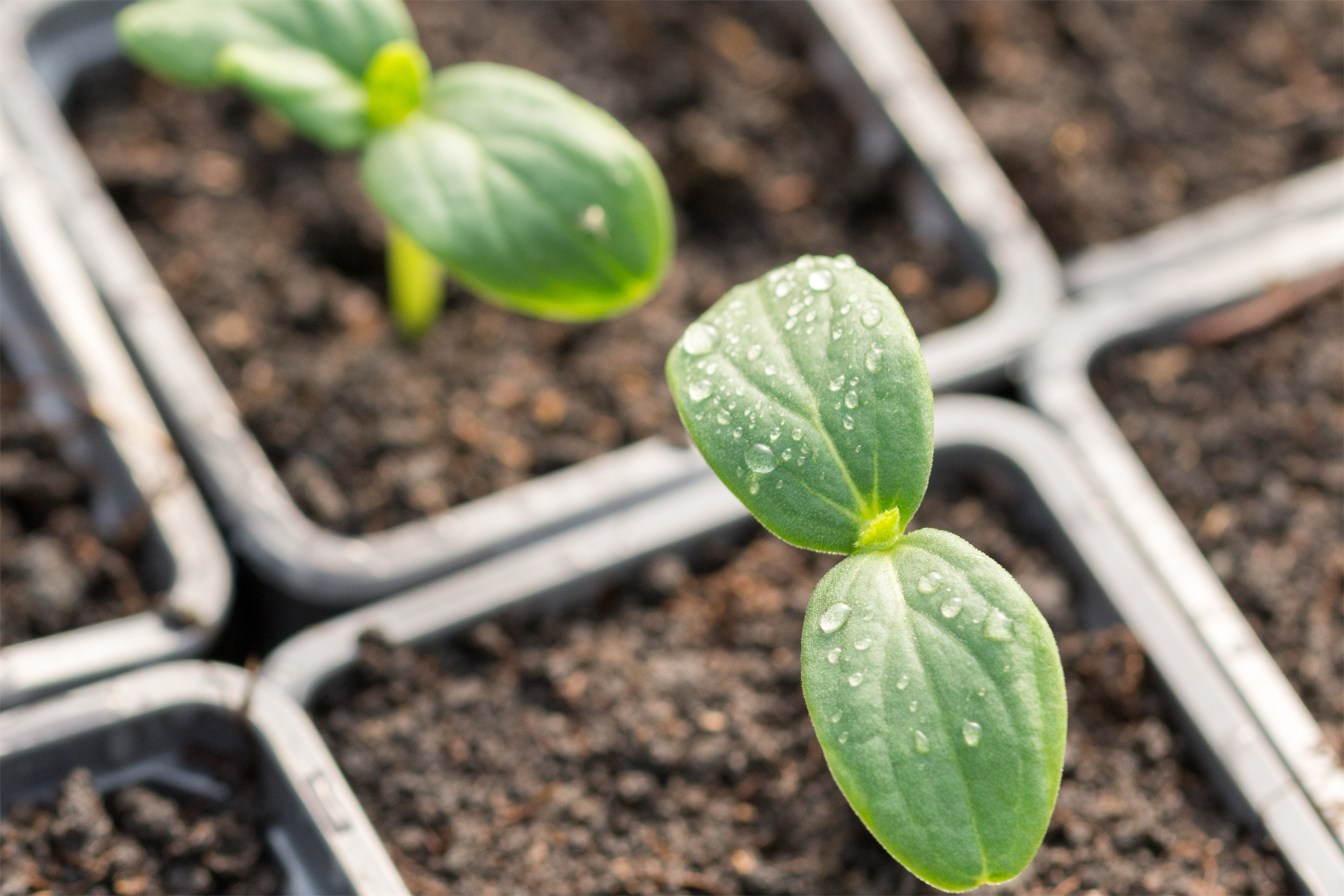
Follow Up: June Florida Food Forum
Seed Saving Programs and Practices
If you were unable to attend the meeting, watch the full presentation online here.
To keep the conversation going, please add your thoughts and comments to our forum page here.
On Friday, June 25th, the Florida Food Forum on “Seed Saving Programs and Practices” featured Melissa A. Desa, Cofounder of Working Food in Gainesville, FL, Andrea Figart, Director of the New Port Richey Public Library, Stephanie Jones, New Port Richey Public Library Systems and Services Librarian, and Joey Stabenow, Education and Engagement Intern at Seed Savers Exchange.
“Seed saving and the way in which this often overlooked and often simply ignored practice can play a vital role in our food system,” remarked host Dell deChant at the opening of the forum.
“Although most of those who are engaged in the food production process acquire seeds from corporate entities, there is a growing interest in learning how to save seeds and utilize this resource in an ongoing, sustainable manner. Seed saving literally is as old as agriculture itself. In fact, it’s the very basis not just of agriculture but of what we call civilization, dating back to 10,000 years to the beginning of the domestication of plants.”
The first speaker, Melissa A. Desa, delved into the important work that is being done at Working Food, while exploring local and national policies and regulations that affect seed savers on a global level.
“Working Food is a nonprofit that does a lot of really cool things in the Gainesville area – celebrating, advocating for, and doing local food,” introduced Melissa A. Desa.
“Why would we save seeds and do the extra work when it’s so easy to buy them? When we start saving our own seeds and teach our friends and colleagues and other farmers and gardeners how to save a seed, what we start creating is a local and reproducible seed supply that’s close to home,” explained Melissa.
Melissa indicated that having our own local and reproducible seed supply would allow us to decentralize the seed network.
She stressed the importance of having lots of seeds in the hands of a lot of people, rather than having a handful of people controlling most of our seed supply. “This allows us to start regionally adapting our crops,” she noted.
“And you know we’re humans, we’re storytellers, part of the fascination of saving seeds is of course telling the stories of where these seeds came from, who they came from, and of course there’s often a lot of really painful history in learning about our food history and food culture. And how some of these seeds and varieties of cultures have been erased, but we can tell those stories and bring them to life again.”
Melissa gives examples of stories that are being told across generations through the preservation of seeds. She tells us about Feaster Family Mustard, Motherland Okra, Grandma Ernestine’s Butterbean, and Seminole Pumpkin.
Melissa explained how food sovereignty is the basis for an empowering and inclusive food system.
Through projects such as The Heirloom Collard Project and through their Tomato Tasting event, Working Food is making sure that their communities get to choose which varieties they want to see in their local gardens and are working towards having their local communities actively involved in their seed saving initiatives.
“One of the most special things to me is that it is very inclusive of all different races, genders, and abilities, we make it a lot of fun, and it’s slow seeds,” mentioned Melissa.
Working Food partners with Grow Hub and is involved with the Farm To School Program, both of which cultivate an empowering, sustainable, and learning space for adults and kids with disabilities who take interest in seed saving.
Exploring policies
“By in large, I’m pretty happy with Florida’s seed state laws. They have not been overly restrictive on anything that we have had to do. As far as free community seed sharing, organizations and libraries like Seed Swap, there are no restrictions,” indicated Melissa.
However, she shares her worry about a policy on the national level – the Intellectual Property Rights and Patents that have been put on seeds. Melissa described that these patent laws ultimately restrict future seed saving, they restrict future plant breeding that helps in adapting to climate change, and they aid in the decrease of plant diversity.
The next speaker, Andrea Figart, guided us through what the seed lending program in the New Port Richey Public Library looks like, what resources are available to the community, and how community involvement is pivotal to ensure the survival of seeds.
Andrea reflected on the policies that were passed to make this seed lending program at the New Port Richey Public Library possible.
“The city of New Port Richey passed an ordinance allowing for nonprofit community gardens in 2013. In 2016, the city council passed an urban gardening ordinance, which allows residents to grow gardens instead of grass,” recounted Andrea.
“To support this initiative in building community interest in a way that was truly meaningful, the library set about creating a seed library to offer central resources that could really and truly help people change their lives."
Andrea then described the process of becoming a part of their seed library community and showed an informational video which featured Richey Public Library Systems and Services Librarian Stephanie Jones.
First, community members must obtain a library card to have access to the resources (which includes books, films, classes, participating in committees, and having access to various databases) provided by the New Port Richey Public Library to learn about seed saving and growing crops. Then, library members can start harvesting what they have grown.
“After feeding their families with food that they have grown themselves after checking out seeds at the seed library, our urban farmers can sell their extra produce at the weekly Tasty Tuesday Farmers Market held in the library’s courtyard. By doing that, they can add additional financial support for their own families while making fresher, locally grown, non-GMO food available to others.”
Andrea explained that the library’s participation with Feeding Florida’s Fresh Access Bucks Program only magnifies the effect that this has on local communities, namely on local growers and farmers. This program, explains Andrea, allows farmers to accept SNAP and EBT benefits, while also doubling the buying power of locally grown produce.
The final speaker, Joey Stabenow, gave an overview of the work that is being done at Seed Savers Exchange.
“Our mission,” noted Joey Stabenow, "is to promote America’s culturally diverse, but yet endangered food crop heritage for future generations by collecting and growing and sharing heirloom seeds and plants, as well as the stories that are connected to them.”
Seed Savers Exchange, one of the major sources of heirloom seeds in the world, has “over 20,000 heirlooms, historic varieties, and open pollinated varieties” in their seed bank, noted Joey.
Joey gave us a handful of resources, community science programs, and projects that are being offered by Seed Savers Exchange and their partner organizations.
One great resource offered by Joey is their partner organization’s website, the Community Seed Network. This platform includes resources, networking opportunities, maps that are designed to make it easy to find community seed initiatives in your area, as well as state policies and regulations on seed saving and selling.
Joey briefly talked about two community science programs that are being hosted by Seed Savers Exchange.
Seed Savers Exchange’s first community science program is their ADAPT program. Their second community science program is their RENEW program for more “experienced seed savers” stated Joey. Through these programs, participants will help preserve and strengthen the Seed Savers Exchange collection and catalog, while also engaging in meaningful work that would benefit their local communities.
Joey also briefly talked about two projects that are being done with partner organizations.
The first is Seed Rematriation Project, which is being done in collaboration with the Indigenous Seed Keepers Network (ISKN) and other Indigenous farmers and growers to restore heirloom seeds to their respective Indigenous communities.
The second is The Heirloom Collard Project, which is being done in collaboration with Southern Exposure Seed Exchange, Working Food, Culinary Breeding Network, and The Utopian Seed Project, and “aims to build a coalition of seed stewards, gardeners, farmers, chefs, and seed companies working to preserve the heirloom collard variety and their culinary heritage,” explains Joey.
“We can do that through those community science programs that I mentioned before, by trialing some of those varieties, and by creating and supporting local seed swaps, and featuring those heirloom collard varieties on the Seed Savers Exchange catalog.”
After the conclusion of the presentations, the speakers continued a discussion potential policies they would want to see on a local level that would aid in seed saving initiatives during the Q&A session.
Resources
Learn more about Working Food
Learn more about New Port Richey Public Library
Learn more about Seed Savers Exchange
Guest Presenter Information:
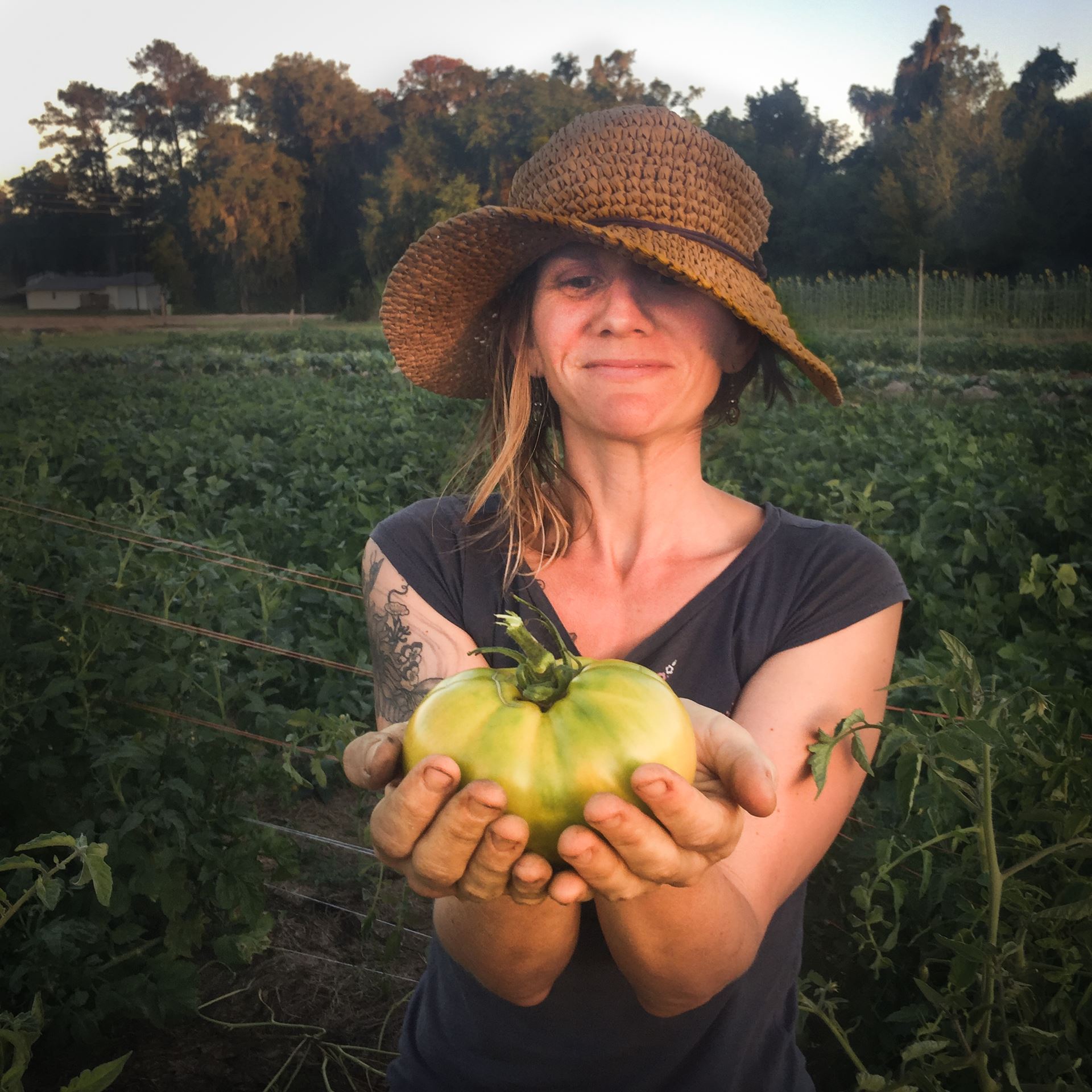 Melissa A. Desa is co-founder of Working Food, a non-profit organization based in Gainesville, Florida. Her background in wildlife and ecosystems has brought depth of knowledge and understanding to her current non-profit work tackling food systems — specifically with a focus on seed stewardship and outreach. She has 10 years of experience in non-profit start up and management, community organizing, food systems, seed stewardship, gardening, farming, education, outreach, and youth programming.
Melissa A. Desa is co-founder of Working Food, a non-profit organization based in Gainesville, Florida. Her background in wildlife and ecosystems has brought depth of knowledge and understanding to her current non-profit work tackling food systems — specifically with a focus on seed stewardship and outreach. She has 10 years of experience in non-profit start up and management, community organizing, food systems, seed stewardship, gardening, farming, education, outreach, and youth programming.
Her primary focus and love is for stewarding seeds important to the Southeastern climate, and building community through seeds in a way that is accessible and collaborative. Ten years ago it started from a small seed library, and grew to a thriving community program providing classes, workshops, training, regional seed varieties, and collaborative work on seed system projects with regional and national partners. Working Food’s seed collection has grown to over 700 accessions, representing a cornucopia of rare, heritage and regionally adapted varieties. Her place-based seed work functions synergistically with a partner non-profit - Grow Hub, that provides meaningful opportunities for adults with disabilities through agricultural and horticultural work.
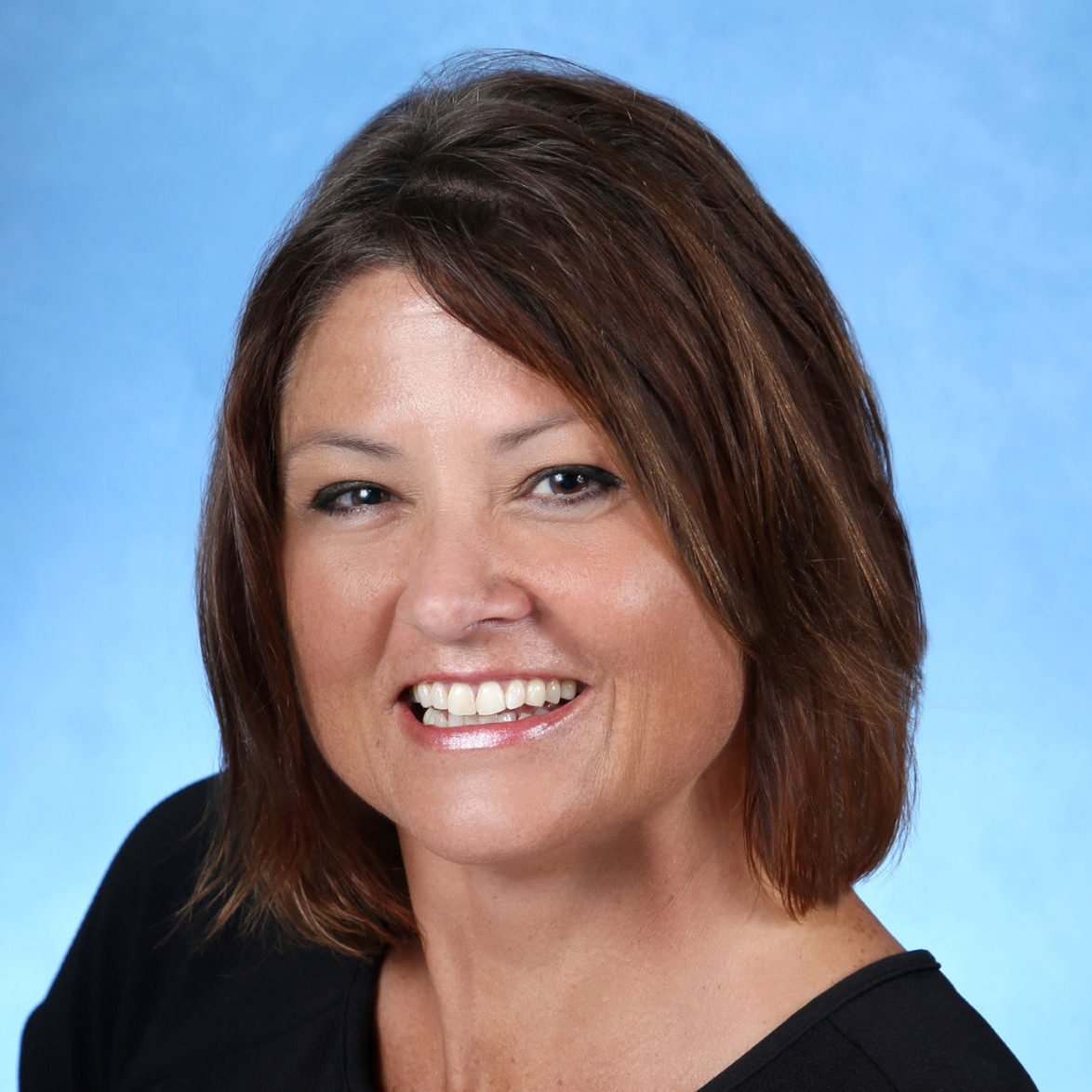 Andrea "Andi" Figart was appointed New Port Richey Public Library Director in June 2017. A resident of FL since 2006, she began her library career in 2000 as a Children’s Librarian in Dayton, OH, close to the family farm where she grew up. Andi is committed to helping the New Port Richey Public Library anticipate and respond to the changing needs of the community by providing resources and spaces that help advance opportunity and develop a vibrant, engaged community. Andi serves on the boards of the Morton Plant North Bay Hospital Community Advisory Board and the Pasco County Food Policy Board. She is a member of the Florida Library Association (FLA) and American Library Association (ALA).
Andrea "Andi" Figart was appointed New Port Richey Public Library Director in June 2017. A resident of FL since 2006, she began her library career in 2000 as a Children’s Librarian in Dayton, OH, close to the family farm where she grew up. Andi is committed to helping the New Port Richey Public Library anticipate and respond to the changing needs of the community by providing resources and spaces that help advance opportunity and develop a vibrant, engaged community. Andi serves on the boards of the Morton Plant North Bay Hospital Community Advisory Board and the Pasco County Food Policy Board. She is a member of the Florida Library Association (FLA) and American Library Association (ALA).
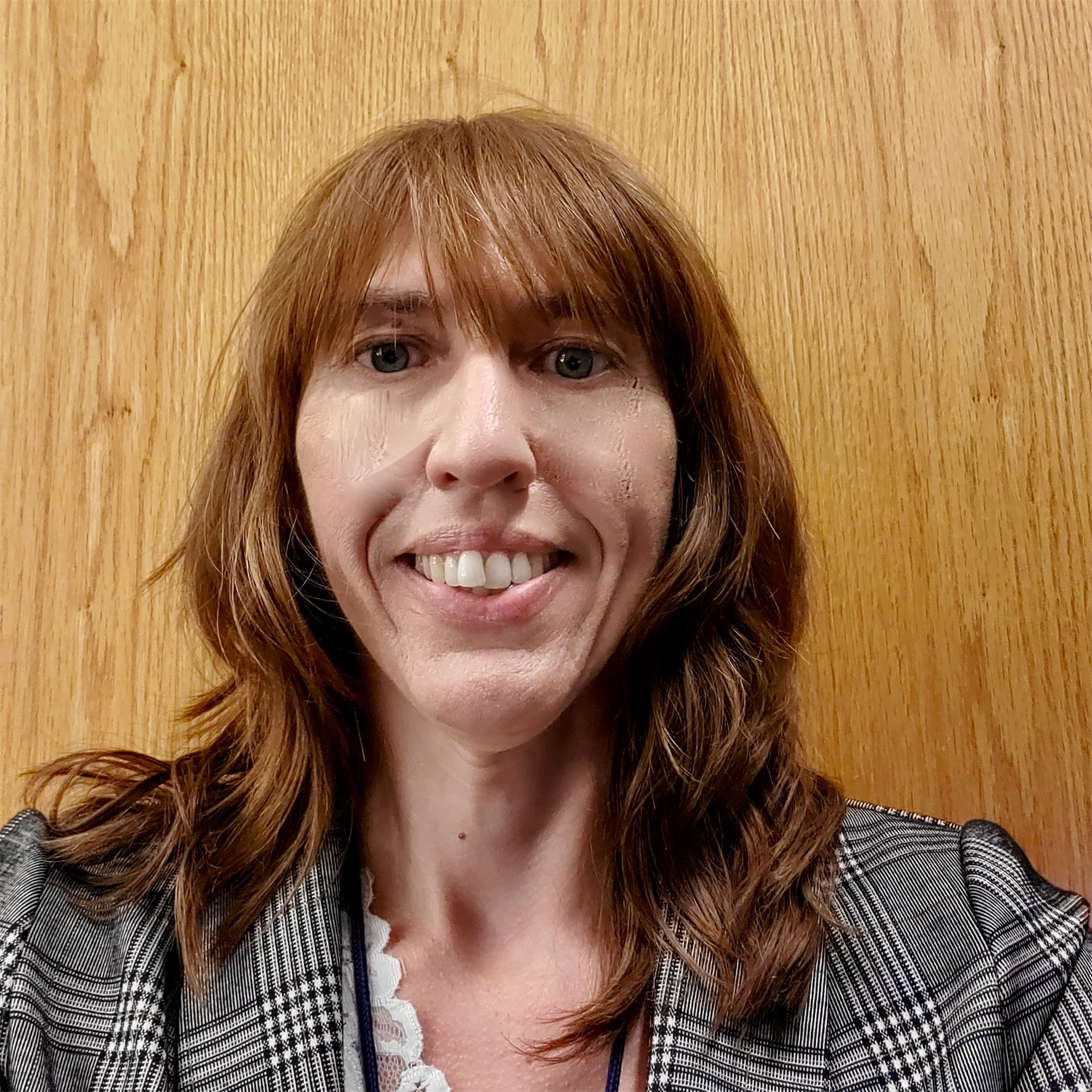 Stephanie Jones is the New Port Richey Public Library Systems and Services Librarian. Stephanie provides technical expertise, day-to-day administration and broad support for library hardware and software solutions; manages electronic resources; updates and develops adult collections in all formats; and serves as the volunteer coordinator. Stephanie enjoys developing, planning, and implementing new projects and initiatives that support the library’s services, and after recently growing five of the most delicious cherry tomatoes she has ever eaten, she says she now has dreams of being an expert gardener. Stephanie is a member of Pasco Enterprise Network (PEN), Florida Library Association (FLA), and the American Library Association (ALA).
Stephanie Jones is the New Port Richey Public Library Systems and Services Librarian. Stephanie provides technical expertise, day-to-day administration and broad support for library hardware and software solutions; manages electronic resources; updates and develops adult collections in all formats; and serves as the volunteer coordinator. Stephanie enjoys developing, planning, and implementing new projects and initiatives that support the library’s services, and after recently growing five of the most delicious cherry tomatoes she has ever eaten, she says she now has dreams of being an expert gardener. Stephanie is a member of Pasco Enterprise Network (PEN), Florida Library Association (FLA), and the American Library Association (ALA).

Joey Stabenow is the new Education and Engagement Intern at Seed Savers Exchange. Prior to joining the team, Joey was a FoodCorps service member serving Iowa schools by connecting students to healthy school meals through their garden program. She is eager to help others learn about gardening and preserving heirloom seeds through seed saving.
*Special Thanks to Jeff McGill for assistance with video preparation for the Seed Program at New Port Richey Public Library.
 Jeff McGill provides frontline support to library members and supervision to the Member Support team. He answers references and research questions, provides assistance with computers/mobile devices and library resources, and addresses member account and access issues. He is the library’s “go to” videographer and photographer. Although he doesn’t yet have a star in the Hollywood walk of fame, we feel it’s just a matter of time.
Jeff McGill provides frontline support to library members and supervision to the Member Support team. He answers references and research questions, provides assistance with computers/mobile devices and library resources, and addresses member account and access issues. He is the library’s “go to” videographer and photographer. Although he doesn’t yet have a star in the Hollywood walk of fame, we feel it’s just a matter of time.
Forum Host: Dell deChant is the Associate Chair of the Religious Studies Department at the University of South Florida and a member of the Board of Directors at the Florida Food Policy Council.
Thank you to our sponsors for making this forum possible:
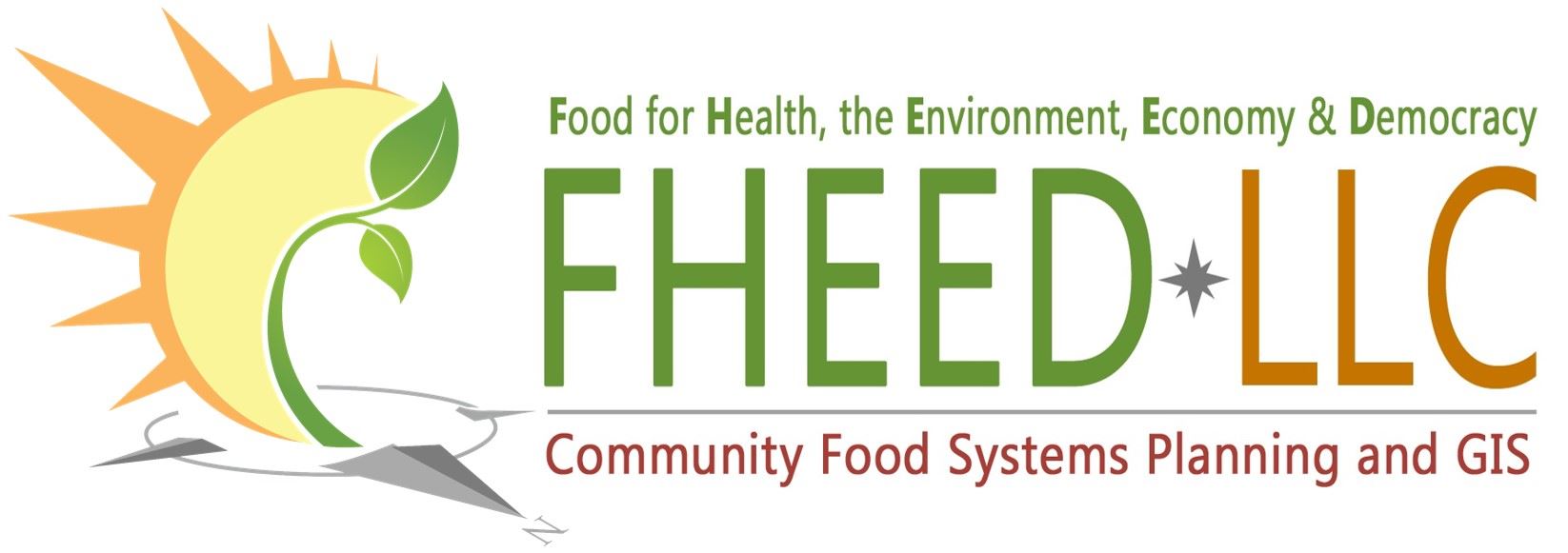 FHEED provides food systems planning, GIS analysis, advocacy, and education about food systems and healthy communities.
FHEED provides food systems planning, GIS analysis, advocacy, and education about food systems and healthy communities.
Contact: Anthony Olivieri, Founder, FHEED LLC
Website: www.FHEED.com
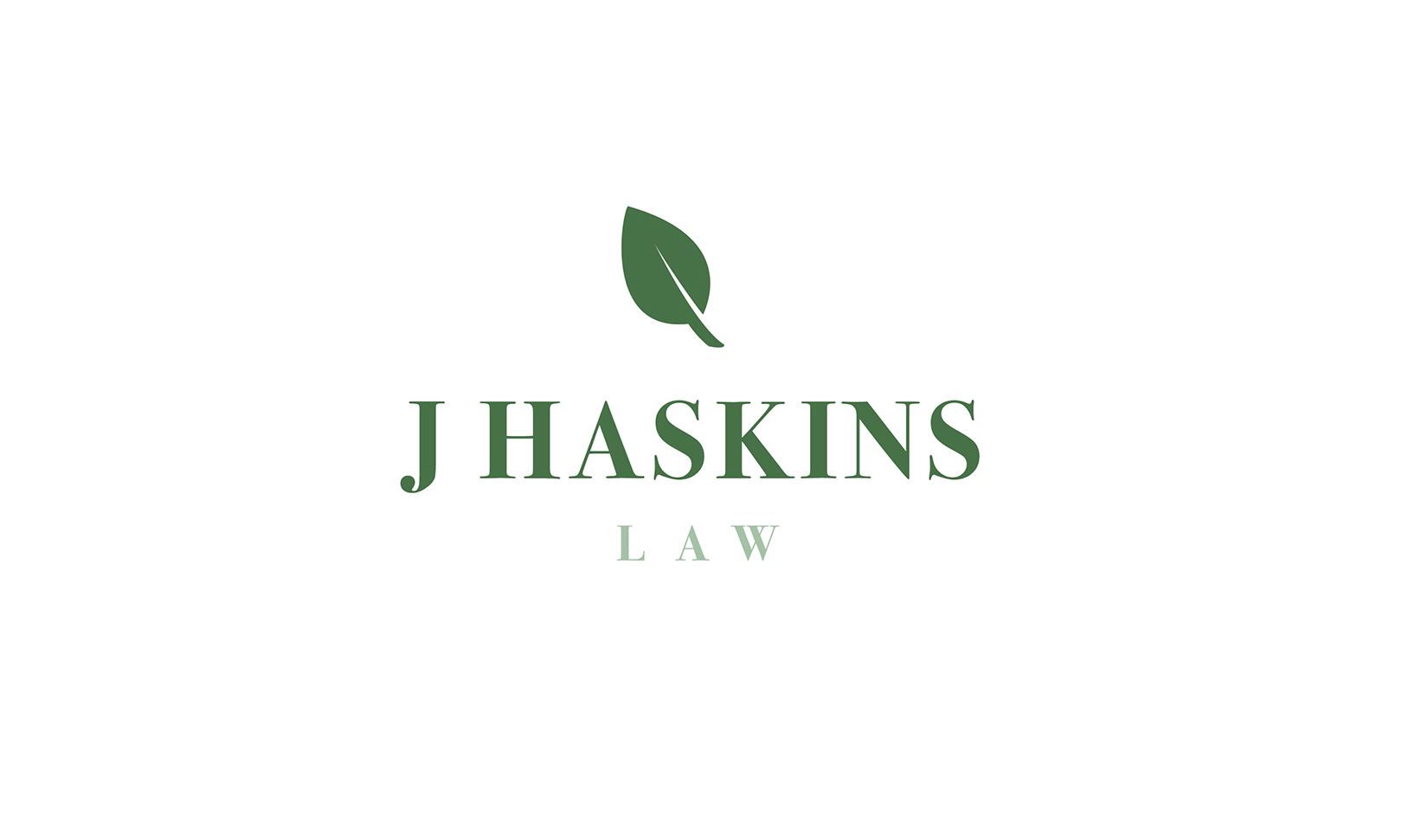 J Haskins Law, located in Tampa, empowers communities with the legal and risk management tools they need to exercise food sovereignty. The contact for J Haskins Law is Jesse Haskins.
J Haskins Law, located in Tampa, empowers communities with the legal and risk management tools they need to exercise food sovereignty. The contact for J Haskins Law is Jesse Haskins.
Contact: Jesse Haskins, Founder, J Haskins Law
Website: www.jhaskinslaw.com
The Florida Food Forum is a free event. To support our work, please consider becoming a member or making a donation. For questions or more information, contact us at: info@flfpc.org
Disclaimer: The views of the presenters do not represent the views of the Florida Food Policy Council. We are a forum for the offering and sharing of information and encourage diversity and communication within the food system.
